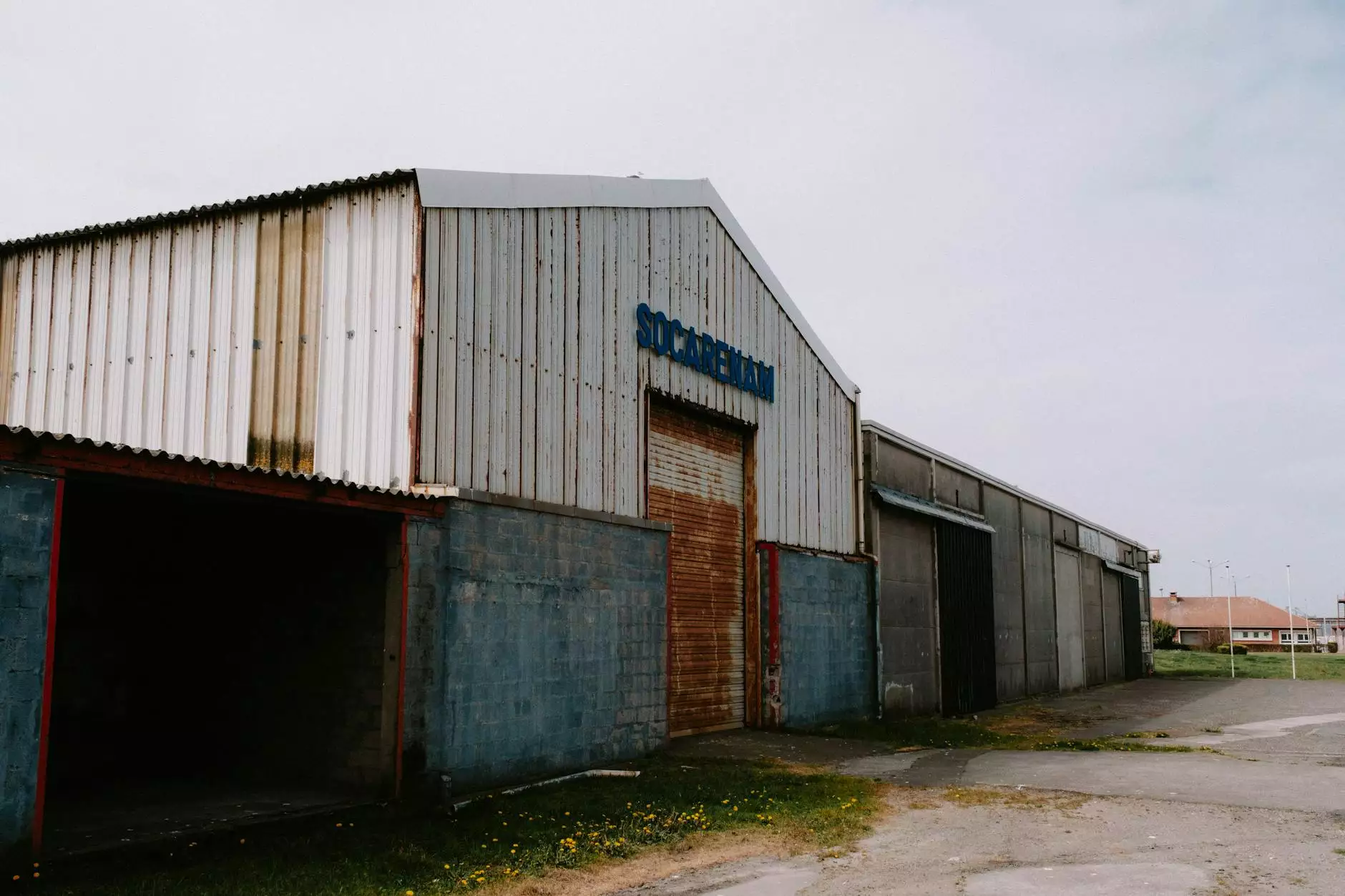What to Look for in a Commercial Lease Agreement

When it comes to establishing a business, one of the most significant decisions you will make is securing a location through a commercial lease. Understanding what to look for in a commercial lease agreement is crucial to safeguarding your interests and ensuring the space meets your operational needs.
1. Lease Term: Duration and Renewals
The lease term is the first thing to scrutinize in any commercial lease. Understanding the duration of the lease, which includes the start and end dates, is essential. Here are a few things to consider:
- Lease Duration: Determine how long you are committing to the lease. Common terms range from one to ten years.
- Renewal Options: Look for clauses that allow for lease renewal. This could be beneficial if your business experiences growth and requires maintaining location continuity.
2. Rent Amount: Fixed vs. Variable
The rent amount will directly impact your business's cash flow. It’s vital to clarify if the rent is fixed or subject to variations:
- Base Rent: Identify the base rent during the term of the lease.
- Scheduled Increases: Understand any rent increases that are scheduled throughout the lease period and whether they are fixed percentages or tied to indices like the Consumer Price Index (CPI).
3. Additional Costs: Hidden Expenses
Commercial leases often carry additional costs beyond the base rent. It’s critical to assess these additional expenses:
- Maintenance Fees: Are these included in the rent or billed separately?
- Property Taxes: Confirm if you are responsible for paying part of the property taxes.
- Utilities: Investigate who pays for utilities and if they are included in the rent.
- Insurance: Understand what types of insurance are required and if any costs are passed on to you.
4. Use Clause: Permitted Business Activities
The use clause in the lease specifies what activities can be conducted on the premises. Make sure this aligns with your business operations. Here are points to check:
- Permitted Uses: Does the lease explicitly state the types of businesses that can operate there?
- Exclusivity: Are there any restrictions that might limit your ability to operate or expand?
5. Maintenance and Repairs: Responsibilities
Before signing a lease, it’s crucial to understand who will be responsible for maintenance and repairs:
- Responsibility: Identify whether the landlord or tenant is responsible for maintaining the interior, exterior, and common areas.
- Standard Procedures: Clarify the procedure for addressing maintenance issues and how long repairs typically take.
6. Alterations: Modifying the Space
If your business requires alterations to the leased space, examine the terms regarding alterations:
- Landlord Approval: Check if you need permission from the landlord to make any modifications.
- Term of Alteration: Determine if alterations must be completed within a specific time frame and how they might affect lease renewal.
7. Termination Clause: Ending the Lease Early
The termination clause outlines the terms under which you can terminate the lease before its official end. Key points to look out for include:
- Process for Termination: What procedures must be followed to terminate the lease?
- Penalties: Are there any financial penalties for breaking the lease early, and what are the specific conditions under which you can terminate?
8. Subleasing: Renting Your Space to Others
If you foresee the possibility of needing to sublease your commercial space, review the conditions laid out in the lease:
- Subleasing Rights: Can you sublease the premises? If so, under what conditions?
- Approval Process: Is landlord approval required, and how is that process handled?
9. Insurance Requirements: Protection Against Risks
Commercial landlords typically require tenants to carry specific types of insurance. Understanding these insurance requirements is vital:
- Liability Coverage: What level of liability insurance must you maintain?
- Property Insurance: Are you required to insure improvements made to the space?
10. Default and Remedies: Understanding Risks
Being aware of what constitutes a default in the lease is critical for protecting your business:
- Default Clauses: Familiarize yourself with clauses that define tenant default, such as late payments or failure to comply with lease terms.
- Landlord Remedies: Understand what actions the landlord can take in response to a default, including eviction and lease termination.
11. Dispute Resolution: Handling Conflicts
A well-structured lease will often include a section on dispute resolution. Knowing how conflicts are resolved can save time and resources:
- Resolution Methods: Does the lease specify mediation, arbitration, or court proceedings?
- Jurisdiction: Identify which jurisdiction's laws will govern disputes.
12. Signage: Promoting Your Business
Visibility can be crucial for many businesses, so address the signage terms in your lease:
- Permitted Signage: What types of signs are allowed, and are there any size restrictions?
- Landlord Approval: Do you need the landlord's approval to install signs, and what is the process?
13. Right of First Refusal: Planning for Growth
If you anticipate expanding your business, check for a right of first refusal clause in your lease:
- Adjacent Spaces: Does the lease grant you the first opportunity to rent adjacent spaces if they become available?
- Benefits of First Refusal: This can be a strategic advantage for future growth without relocation hassles.
Conclusion: Protecting Your Business Interests
Taking the time to carefully review a commercial lease agreement is an essential step in establishing your business. By understanding what to look for in a commercial lease agreement, you can mitigate risks, foresee potential issues, and negotiate terms that align with your business objectives. Consulting with a legal professional experienced in commercial real estate can further enhance your ability to navigate this complex process, ensuring that your rights and interests are comprehensively protected.
At Antham Group, we are committed to helping businesses like yours make informed decisions about commercial leasing. We understand that each business has unique needs, and our expert team is here to guide you every step of the way, ensuring you secure a lease that supports your growth and success.



